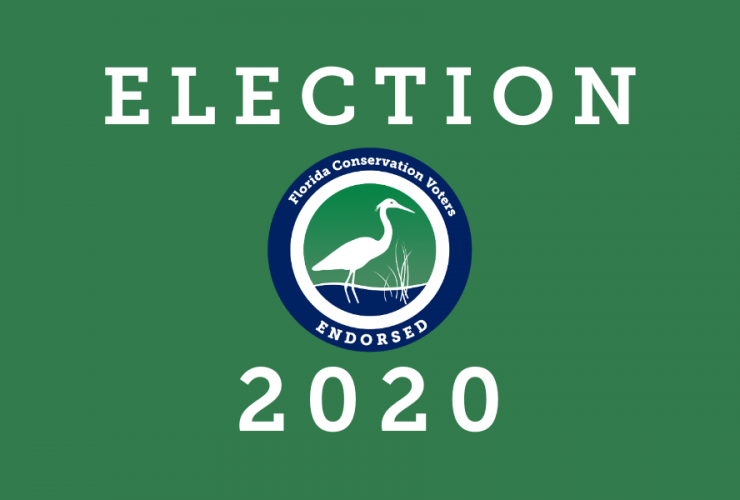Today is World Social Justice Day. Here’s why that matters to us:
According to Webster’s Dictionary, social justice is defined as, “justice in terms of the distribution of wealth, opportunities, and privileges within a society.”
There are a lot of people that consider themselves environmentalists and care about social justice, but they don’t see the connection between the two. “Social justice is about people, whereas your focus needs to be on protecting the environment,” they say. Our argument: the two are not mutually exclusive, they’re actually intimately intertwined.
A good working definition of environmental justice, with help from the Father of Environmental Justice, Dr. Robert D. Bullard, is justice in terms of the distribution of equal protection and enforcement of environmental laws and regulations, despite an individual’s or community’s opportunities and privileges within a society.
When our environment suffers, so do people. But all people do not suffer equally.
Most people pay attention to environmental issues when they can see one or are directly impacted by one. When Hurricane Michael tore through the panhandle desolating homes and entire communities, the world paid attention. When guacamole-like algae plagued waters surrounding Lake Okeechobee, and our beaches were littered with dead manatees, sea turtles and dolphins, people were outraged. Rightfully so. All these instances were devastating environmental disasters that impacted the lives of countless Floridians.
But here’s why environmental justice matters: low-income communities and communities of color suffer from the consequences of an unhealthy environment every day – not just from the newsworthy disasters that affect a white, middle-class person like me.
According to a Harvard study, African-Americans are about three times more likely to die from exposure to airborne pollutants than other racial groups in the United States. Children of color are nine times more likely to have asthma than white children. Another study found that race was the single determining factor for toxic waste sites.
Similarly, poorer communities in South Florida are expected to suffer the most from climate impacts. One example is through “climate gentrification,” meaning those in higher-elevation areas will be forced out of their homes due to rising real estate costs from sea level rise. They’ll be replaced by wealthier communities moving inland to evade sea level rise who can afford the higher costs.
These examples of air pollution and sea level rise are just a couple of the environmental issues that have disproportionate consequences for communities of color and low-income communities. But there are more that are just as real and just as threatening to many Floridians.
This is why Florida Conservation Voters is fighting for initiatives like Clean Buses for Healthy Niños, a project which would use money from the Volkswagen settlement to go toward electric school buses, lessening the impact of deadly diesel fuel emissions our children currently breathe. This is why we fight for inclusive hurricane preparedness that seeks to protect our most vulnerable communities. This is why we supported Amendment 4, because if we suppress the voices impacted the most by climate change and pollution, we will never have enough elected officials that truly care about these issues and represent the needs of their constituents.
When it comes to fighting for the health and well-being of our environment, we must remember that we are also fighting for the health and well-being of our communities. Clean air and clean water are not just important for our ecosystems to thrive, but for our children to thrive, as well.
The fight for social justice is key to the Conservation Voter Movement. This movement is about lifting up the voices of all Floridians, not just a select few. It’s about voting for elected officials that listen to those voices and enact commonsense laws that prioritize the health and well-being of both Florida’s land and water AND Florida’s people. We hope you’ll join us on our quest for a better, more equitable Florida. Because every Floridian has the right to live in a healthy environment.



